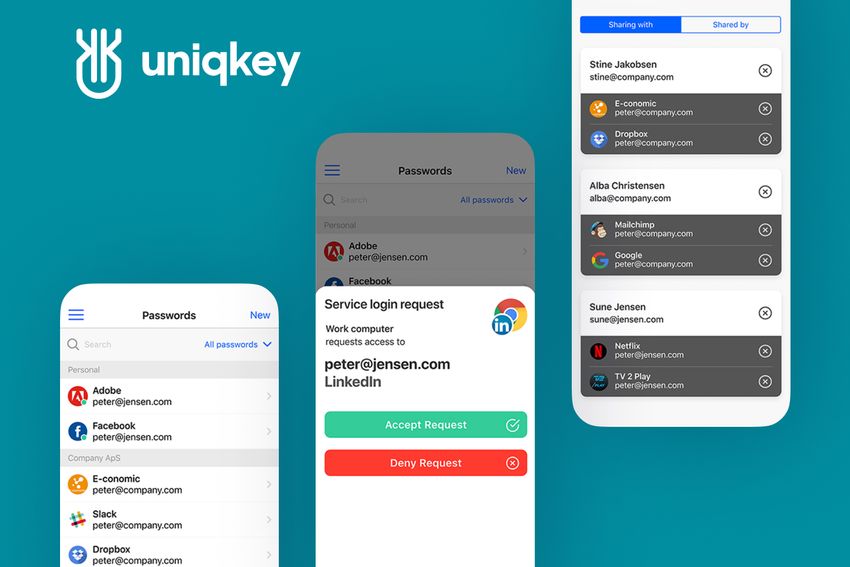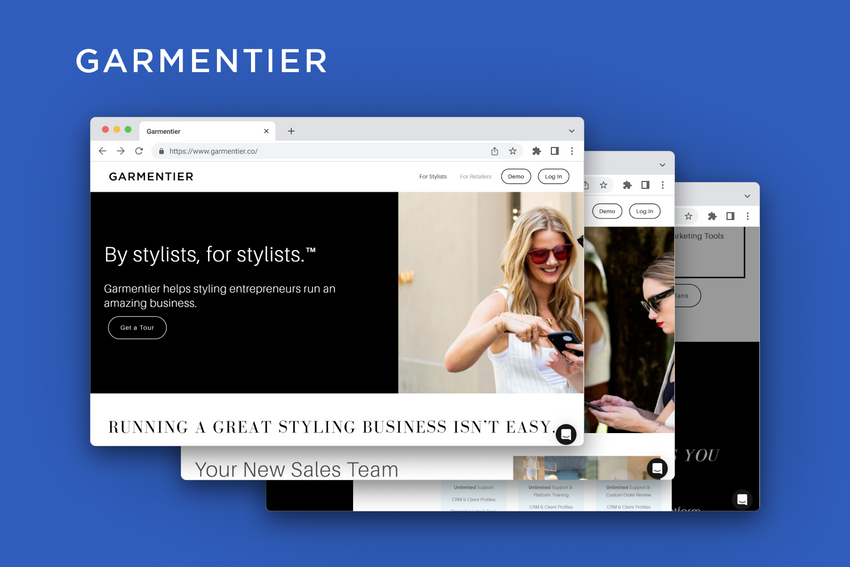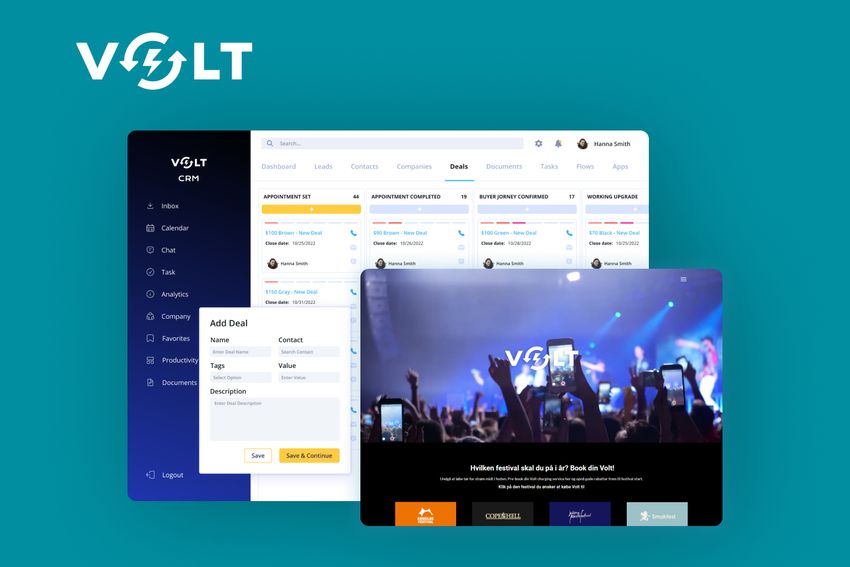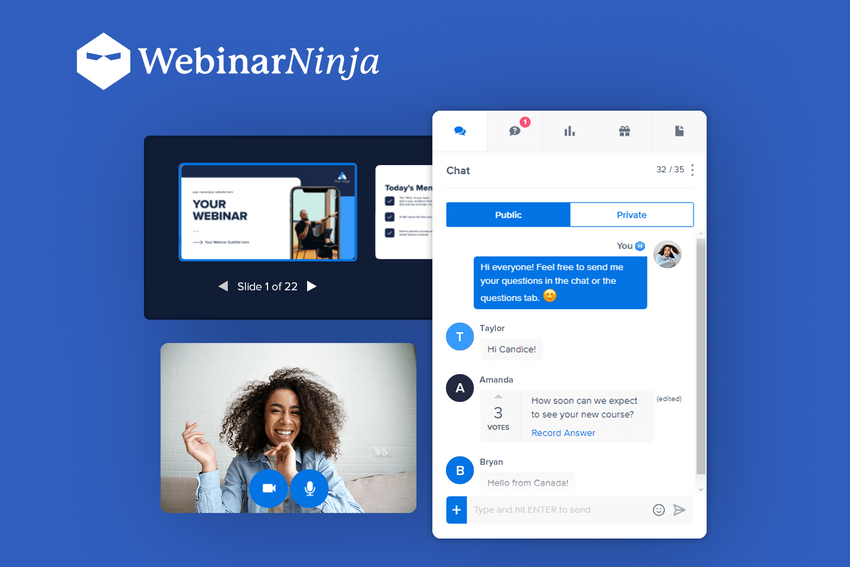Software Development Consulting Services
Explore what software development consulting is, its key benefits, when it's time to hire a consulting company, and how to choose the right partner for your business.
Today, building great software is about making the right strategic decisions at every stage of development, not only on the technical part, and that’s where software development and consulting services come in. By combining technical expertise with business insight, IT consultants help companies cut costs, accelerate delivery, and avoid costly mistakes.
In our fresh article, discover how consulting and choosing the right strategy and tech stack help businesses to get a competitive edge and quickly scale to global markets.
What Is Software Development Consulting?
Software development consulting is the practice of bringing in external experts from a software development company who combine deep technical knowledge with business strategy to help companies build, scale, and optimize software development solutions.
Unlike traditional outsourcing, software consulting services help businesses not just with writing code — it's about guiding decisions that shape the success of a software product or project. A top software development projects consultant typically:
- Assesses business needs and translates them into technical requirements.
- Recommends the right technologies (frameworks, architectures, cloud solutions, databases) for long-term scalability.
- Identifies risks and bottlenecks early to reduce costs and avoid failures.
- Optimizes processes such as DevOps, QA, and project management for higher efficiency.
- Bridges the gap between leadership teams and technical execution, ensuring alignment with business goals.
In short, consulting acts as a strategic accelerator: helping businesses move faster, make smarter investments, and stay competitive in an evolving digital landscape.
Main Tasks and Responsibilities of a Software Development Consultant
A software development consultant’s role goes far beyond coding — it’s about analyzing needs, planning strategically, recommending the right solutions, and guiding the entire development process.
Here are the core responsibilities:
Analyzing Business Requirements
The consultant begins by deeply understanding the client’s goals, market context, and challenges. This means translating business objectives into clear technical requirements and identifying potential risks, constraints, and opportunities.
A consultant digs into:
- Core business goals – What outcomes does the company want to achieve in relation to their software needs?
- Market context – Who are the competitors, what are the industry standards, and where are the opportunities?
- User needs – What pain points and expectations do end users have?
- Constraints – Budget, time, technical debt, compliance, or team capacity.
- Risks – Potential failure points such as scalability issues, outdated infrastructure, or security vulnerabilities.
By mapping business objectives to technical requirements, consultants ensure the project aligns with both strategic goals and real-world conditions.
Planning
Once requirements are clear, the consultant helps create a roadmap for development. This includes defining priorities, setting realistic timelines, estimating costs, and aligning resources. Effective planning ensures that projects stay on track and deliver measurable results. This step typically includes:
- Defining scope & priorities – Breaking down must-have vs. nice-to-have features.
- Timeline creation – Establishing realistic milestones and delivery phases.
- Budgeting & resource allocation – Estimating development costs, infrastructure expenses, and team needs.
- Risk planning – Identifying possible blockers and contingency strategies.
- Communication flow – Setting up reporting, meetings, and collaboration formats between business and tech teams.
Effective planning ensures the project doesn’t just start strong — it stays on track until delivery.
Recommending Solutions
One of the most critical responsibilities is to recommend the right software technologies, frameworks, and software architecture for the project. Consultants evaluate options in terms of scalability, security, performance, and long-term maintainability, helping companies avoid costly mistakes. Here is how the consultant brings in technical expertise to guide the client toward the best possible choices:
- Technology selection – Programming languages, frameworks, databases, and cloud providers to deliver high-quality software solutions tailored to business requirements.
- Architecture design – Monolithic, microservices, or serverless — depending on scalability needs.
- Integration approach – Ensuring smooth connectivity with existing systems (ERP, CRM, payment gateways, etc.).
- Security & compliance – Selecting solutions that meet standards like GDPR, HIPAA, or PCI DSS.
- Performance optimization – Making sure the solution can handle expected loads and scale efficiently.
This step prevents costly trial-and-error by ensuring every decision is made with long-term sustainability in mind.
Development Process Coordination
The consultant often acts as a bridge between business leaders and technical teams. They coordinate workflows, ensure quality assurance practices are in place, monitor progress, and adjust strategies when needed. This coordination ensures smoother collaboration and higher success rates. Their coordination tasks include:
- Process setup – Choosing methodologies (Agile, Scrum, Kanban) that fit the project.
- Team alignment – Ensuring developers, testers, designers, and business stakeholders are working toward the same goals.
- Quality assurance oversight – Establishing testing frameworks, CI/CD pipelines, and code review practices.
- Monitoring & reporting – Keeping track of progress, KPIs, and risks in real time.
- Course correction – Adjusting scope, priorities, or approaches when conditions change.
With strong coordination, consultants turn scattered efforts into a streamlined, high-performing workflow.
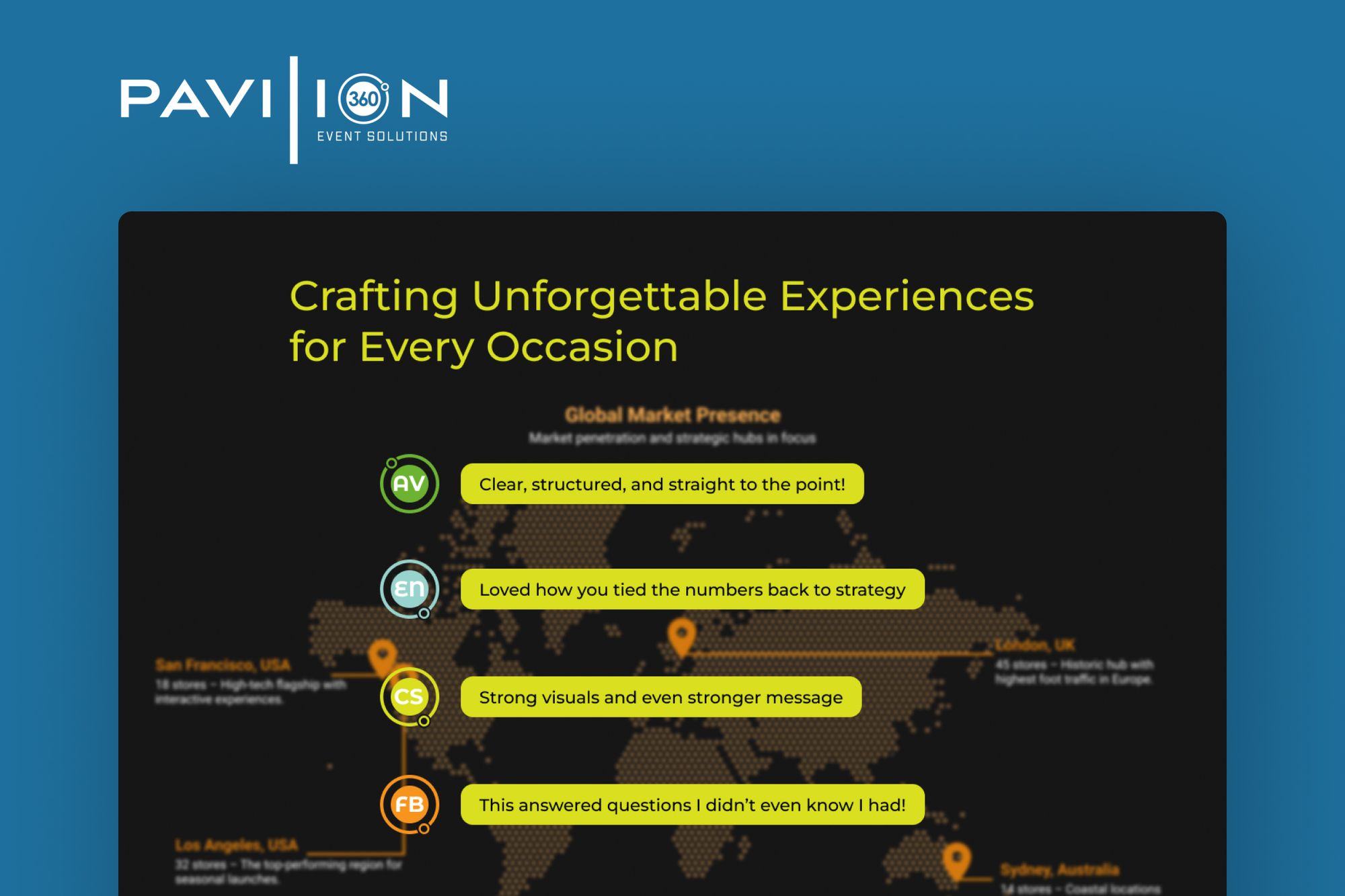
Process of Software Development Consultation
A successful consulting engagement follows a structured process designed to uncover client needs, design the right strategy, and ensure long-term results. Here are the four key stages:
1. Discovery and Analysis
The process begins with deep discovery sessions to understand the client’s business model, goals, and challenges. Consultants analyze current software systems, workflows, and technology stacks, then map them against future objectives to improve efficiency. This phase identifies gaps, risks, and opportunities.
2. Strategy & Roadmap Creation
Based on the findings, the consultant develops a custom strategy and roadmap. This includes choosing the right software technologies, defining priorities, estimating budgets, and creating a phased timeline across the software development lifecycle. The roadmap acts as a blueprint to align both business leaders and technical teams.
3. Implementation
Consultants don’t stop at advice — they often oversee or actively support implementation. This can involve building prototypes, setting up infrastructure, coordinating with development teams, and ensuring quality assurance practices are applied. The consultant’s role here is to ensure execution matches the strategy.
4. Post-Deployment Support
Once the solution goes live, consultants provide ongoing support to ensure stability, performance, and scalability. This includes monitoring, performance optimization, staff training, and making adjustments as business needs evolve.
In summary, the consultation process is not a one-off meeting but a full-cycle partnership — from discovery to deployment and beyond — ensuring businesses get maximum value from their software investments.
Benefits of Software Consulting Services
Hiring a software development consultant isn’t just about getting extra hands on a project — it’s about unlocking strategic value that drives long-term success. Here are the key benefits:
Strong Technical Expertise
Consultants bring deep knowledge of software engineering principles, programming languages, frameworks, architectures, and best practices. They’ve worked across multiple industries, so they understand both the technical depth and the business context: they know which solutions scale and which ones lead to hidden costs or maintenance nightmares. Thus, they’ve seen what works (and what doesn’t) across industries, helping businesses avoid costly mistakes.
Cost-Effective
By preventing rework, reducing downtime, and optimizing resources, consulting services save money in the long run. By identifying risks early, consultants prevent expensive rework and project delays. Plus, they reduce downtime by streamlining infrastructure and business process workflows, so businesses can scale expertise on demand without the need to invest in software development resources permanently.
Customized Solutions
Every business is different. Consultants design tailored solutions and strategies that match specific goals, industries, and workflows, ensuring higher efficiency compared to generic approaches:
- They design solutions aligned with industry-specific workflows (finance, healthcare, eCommerce, etc.).
- They adapt to company size — from startups needing quick MVPs to enterprises requiring robust, scalable platforms.
- The result is higher efficiency, better ROI, and custom software solutions that truly fit the business model.
Access to Latest Technologies
Consultants stay up to date with emerging tools, cloud platforms, and AI-driven practices. Expertise includes cloud platforms, AI-driven development, blockchain, microservices, DevOps, and software modernization techniques. They provide a shortcut to innovation by recommending tools that are stable, scalable, and future-ready. Partnering with them gives companies a shortcut to adopting cutting-edge technologies without trial-and-error.
Flexibility
Engagement models are highly adaptable — from one-time audits to long-term partnerships. Businesses can choose one-time audits, project-based support, or long-term partnerships. Plus, consultants can act as advisors, project coordinators, or even embedded team members. This flexibility allows businesses to bring in experts exactly when and where they’re needed.
Risk Management
Consultants help identify risks early — whether in security, compliance, scalability, or project delays. They evaluate projects for scalability issues, security gaps, compliance risks, and technical debt. With early detection, companies can fix weaknesses before launch or growth phases. Their experience across industries helps apply proven risk mitigation strategies quickly and effectively.

When Should You Hire a Custom Software Development Consulting Company?
Bringing in a software consultant is the right move when you need expert guidance, faster execution, or innovative ideas. Here are the most common situations:
- You’re launching a new software project
Starting from scratch? Consultants help define the roadmap, choose the right tech stack, and avoid costly early mistakes.
- You face challenges beyond your capabilities
Complex integrations, compliance issues, or scaling bottlenecks can stall progress. Consultants bring specialized expertise to solve problems efficiently.
- You have legacy or outdated software
Old systems can be risky, slow, and hard to maintain, affecting your core business operations. A consulting company helps modernize applications, migrate to the cloud, or rebuild for scalability.
- You lack in-house expertise and technical skills
If your software development team doesn't have specialists in AI, DevOps, web development, or cybersecurity.
- You have a project with a tight deadline
Consultants accelerate delivery with proven frameworks, tools, and cross-functional expertise, helping you meet business-critical timelines.
- You’re stuck in a rut and need new ideas
Sometimes internal teams hit a wall. Consultants bring a fresh perspective and innovative approaches that unlock new opportunities.
- You want to adopt new tech like AI or blockchain
Emerging technologies are complex and risky to implement alone without proper technology consulting guidance. Consultants guide you through safe adoption, architecture design, and scaling.
If your business is at a crossroads — whether it’s launching, scaling, or modernizing — a software consulting company can provide the clarity, expertise, and speed you need.
Choosing a Software Development Consulting Company
As we’ve already said, finding the right consulting partner can define the success of your project. Here are three key steps to make the right choice:
1. Define Your Goals
Before reaching out to consultants, clarify your objectives and assess your current software landscape and software application requirements. Are you launching a new product, modernizing legacy systems, or adopting emerging technologies? A clear vision helps identify the consulting firms that align best with your needs.
2. Create a List of Candidates
Research and shortlist potential partners based on their expertise, portfolio, client reviews, and industry focus. Look for companies with proven experience in projects similar to yours, reviewing top software consulting companies and their range of services.
3. Communicate and Decide
Set up meetings with your top candidates to discuss your goals, expectations, and processes. Evaluate how well they understand your business and whether their approach as a software consulting partner matches your company culture and can ensure your software project success.
Don’t just pick the biggest name — choose the consulting partner who demonstrates the best fit, expertise, and ability to deliver long-term value.
Why Choose Fively?
Choosing the right consulting partner means choosing a team that not only understands code but also understands your business. At Fively, we combine deep technical expertise with a clear focus on delivering measurable value:
- Proven Expertise Across Industries
From startups to enterprise clients, we've delivered high-quality software solutions across eCommerce, fintech, healthcare, real estate, and beyond. Our diverse experience means we understand both technical complexity and industry-specific challenges.
- End-to-End Consulting and Development
Fively supports clients through every stage of the journey: discovery, strategy, development, QA, and post-deployment optimization. You get a true partner, not just a vendor.
- Strong Engineering Culture
Our consultants and developers live by engineering best practices: clean architecture, scalable solutions, automation, and a modern tech stack. We build software solutions designed to last and adapt as your business grows.
- Focus on Innovation
Whether it’s AI, cloud migration, or blockchain integration, we help clients adopt cutting-edge technologies safely and effectively, turning tech trends into real competitive advantages.
- Flexible Engagement Models
Every business is different. Fively offers consultancy services and development partnerships with expertise in web development that are tailored to your needs — whether you need a one-time audit, a dedicated team, or long-term strategic guidance.
With Fively as your software development and consulting partner, you gain more than technical expertise — you gain a strategic ally committed to your success. We help you innovate faster, scale smarter, and deliver products that truly make an impact. Feel free to contact us, and let’s build your dream tech together!
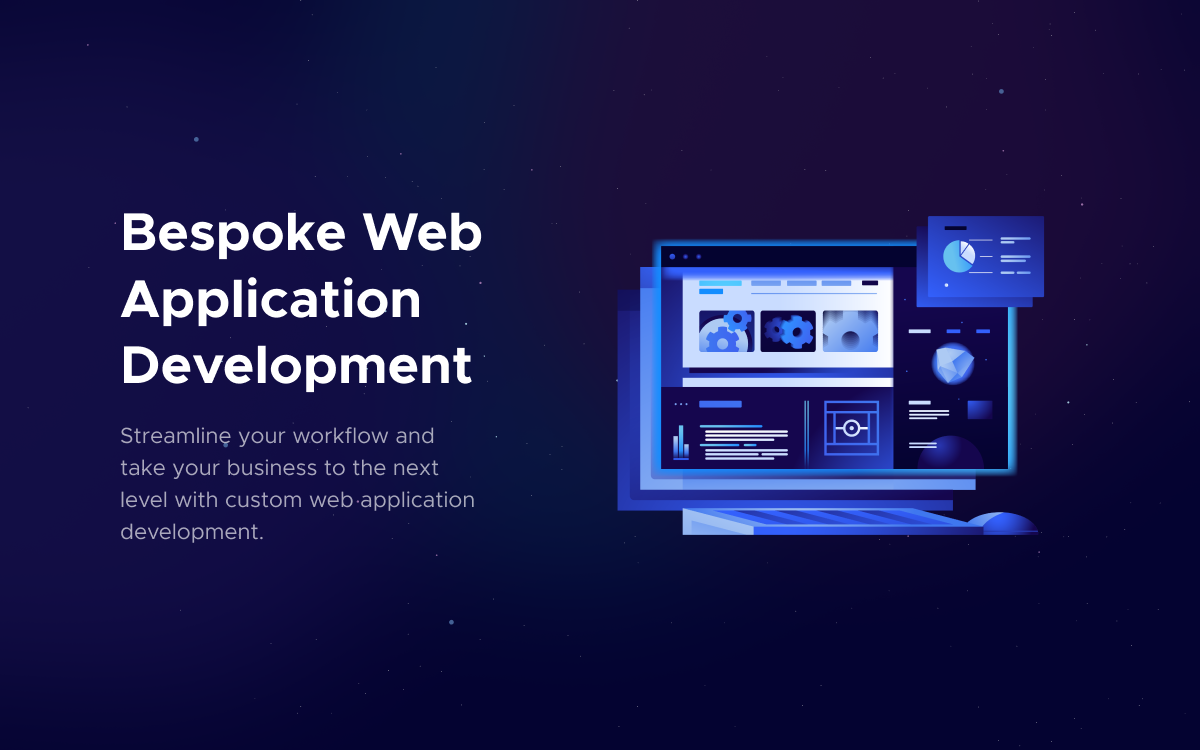
Need Help With A Project?
Drop us a line, let’s arrange a discussion





